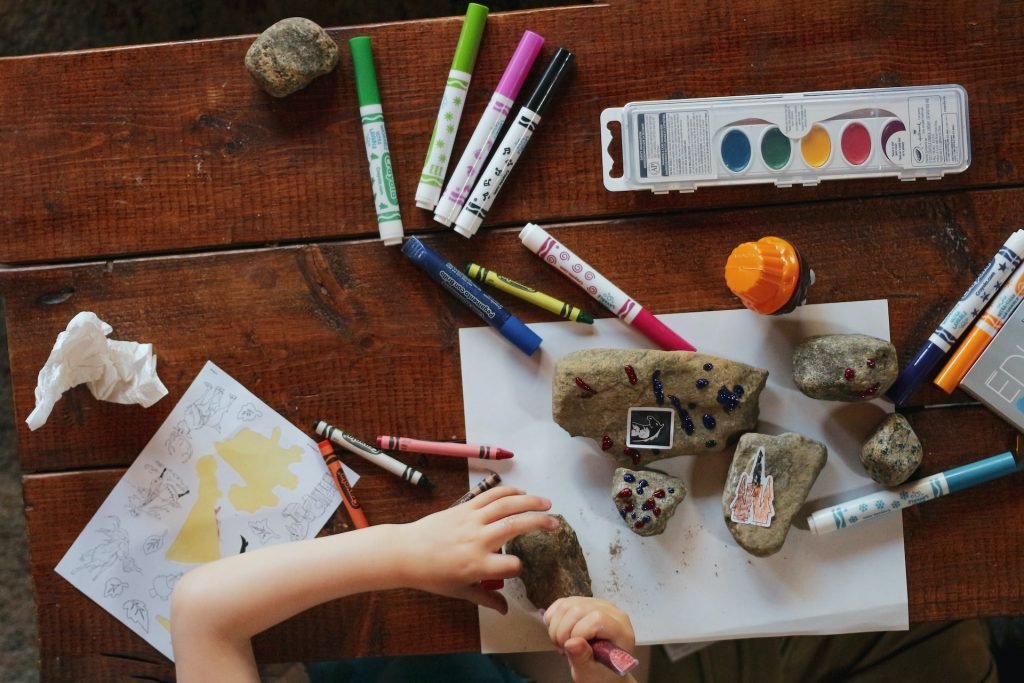Even with the greatest of intentions, children in foster care frequently face prejudice and stigma at school because their peers perceive them as different. In addition to having to move schools regularly, some foster children find it difficult to adjust to the new school and form friendships.
This frequently implies that motivation may wane and that truancy may happen in certain situations. Foster parents should therefore make sure their foster child has attainable goals and assist them throughout their schooling. Continue reading for our list of the best ten ways to help your foster child with their schooling.
10 Ways to Help Foster Children with Their Education
Help With Homework
Since their biological parents might not have supported them before they were placed in foster care, foster children might not be as driven or disciplined to complete their homework.
In the same way, it might be common for kids to give up on their homework when they run into difficulties without assistance. Both of you need to support homework discipline and demonstrate that you are always available to assist. Set aside time every night for homework – for an hour, make sure you’re in the same room as them and prepared to help if they need it.
Instead of smothering them or hovering over them during this time, be available to assist them if needed. Bring some work of your own, if you would like to read, work on a personal project, or pay bills. Just make sure you are ready to help them when they need it.
Set Expectations For Performance And Accomplishments
Setting expectations for foster kids to achieve their educational goals is essential to ensure their success. It is important to provide these young people with a clear understanding of the expectations you have for their performance and accomplishments in school.
This could include setting specific goals related to grades, attendance, and behavior. It is also important to make sure that these expectations are realistic and achievable.
Encourage Field Trips And Extracurricular Activities For Students
When we think back on our school years, field excursions and extracurricular activities usually come to mind as the highlights. By putting aside money each month and maintaining a pot of money specifically for their extracurricular activities, you can ensure that your foster child doesn’t miss out on these opportunities.
It’s also critical to demonstrate your support with actions. If your foster child shows an interest in acting, for instance, and joins the drama club, be sure to attend every performance. If kids decide to play football, be present during their games. It’s critical to express your pride in their accomplishments.
Teach Them How To Make And Maintain Friends
Making friends in school can be challenging enough in the best of circumstances, but as foster children, they will also have to contend with unfair stigmas and prejudices.
To enhance the bonds between your child and their friends, teach them how to establish and maintain friends and let them visit after school. Encouraging your child to entertain friends will help them continue to nurture their relationships.
Help With Educational Materials
Providing foster kids with the resources and support they need to reach those goals is imperative. This could include creating a plan to help them stay on track, providing tutoring or other academic help, and taking the time to listen to their concerns and help them find solutions. Make sure you have a fixed computer, internet connectivity, and a quiet workspace.
Open Lines Of Communication With The School
Your foster child might not feel comfortable enough to tell you if they are having difficulties at school. You must keep the school informed about their current state and advancement for this reason.
With this level of transparency, you can adjust your educational strategy in light of the available information. For example, if they are performing very well, you can relax, but if they are not meeting your standards, you can work with them to resolve the issue.
Don’t forget to support open communication with their form tutor and show up to all open events and parent-teacher conferences.
Encourage Long-Term Goals For Education
It might be difficult to understand the importance of education while in school, especially if there are no long-term aspirations. Pull your foster child aside to have an honest conversation about their aspirations for their career. Don’t belittle them; instead, express your support and explain how school might help them achieve their future goals.
Get Them Ready For School
You must get your child ready for the significant transition from primary to secondary school because it can be a scary experience. To make sure your child is prepared for the next phase of their academic journey, we advise taking the following actions:
- Create a solid morning routine.
- Learn about the wider care team at the school.
- Ensure that they are equipped with the right supplies.
- Bring them to school.
Preventing Truancy
Although there are many reasons why truancy may occur, including bullying, domestic issues, or difficulty with coursework, you must have the resources necessary to stop it. Talk to your foster child if you find out that they are missing school.
Ask them why they are missing school and try not to become upset because this might cause them to be defensive. Once the reason for the truancy has been determined, the next steps are up to you. You may need to contact the school or outside assistance.
Encourage Them To Read
Reading is a crucial skill to have because it enhances your child’s vocabulary and overall listening skills. If you are entrusted with young foster children,
You must encourage children to read to improve their skills. When young children develop a love of reading, it is typical for them to carry this interest into adulthood.
Conclusion
Foster children face unique challenges when it comes to their education, and we must provide them with the support and resources they need to succeed academically. By implementing the tips and strategies mentioned in this blog post, we can make a positive impact on the educational journey of foster children.
Remember, education is a powerful tool that can transform lives and open doors of opportunity. Let’s work together to ensure that every foster child receives the education they deserve.
If you have any questions or would like to learn more about our foster care program, please visit Courage Community Foster Care’s website. Thank you for reading and for your commitment to making a difference in the lives of foster children.






Recent Comments